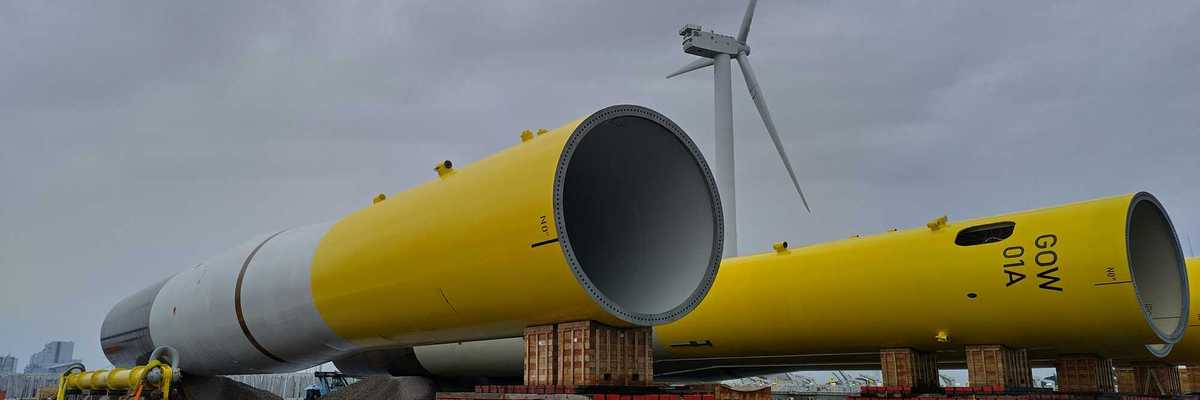philadelphia
Philadelphia resident battles lasting environmental trauma from living near a refinery
Sonya Sanders, a Philadelphia resident, grapples with the lasting psychological impact of living near the PES Refinery, a site marked by pollution and health hazards.
In short:
- Sonya Sanders, a resident of South Philadelphia, faces ongoing psychological effects from living next to the PES Refinery, a site of significant pollution.
- Her experiences reflect a broader issue of eco-anxiety and environmental trauma, particularly in communities near industrial hazards.
- Despite moving away and becoming an environmental activist, Sanders continues to struggle with PTSD, a condition increasingly recognized as linked to environmental crises.
Key quote:
"I feel everything closing in. Panic attacks. I feel like my heart races and like I’m having a heart attack but I’m not."
— Sonya Sanders, describing her symptoms of PTSD.
Why this matters:
Sanders' story highlights the often-overlooked mental health impacts of environmental pollution, particularly in marginalized communities. It underscores the need for greater attention to the psychological toll of living in close proximity to industrial hazards and the importance of providing mental health support to those affected by environmental trauma.
Be sure to read: Air pollution can alter our brains in ways that increase mental illness risk
How climate change impacts homeowners insurance in Philly region
While hurricanes and the recent Tropical Storm Ophelia grab headlines due to the number of those impacted, smaller, more localized storms are on the rise and are also causing significant damage where they land.
As waters rise, a community must decide: Do we stay or go?
Pa. participation in RGGI has been held up for more than a year. What has the state lost?
Former Gov. Tom Wolf’s signature climate program has been on hold for more than a year. By some estimates, the state has lost close to $1 billion in the delay.
Safety concerns raised as PA pursues hydrogen hubs
Delaware River to rise 16 inches, Philly to see higher temps by 2050, new climate report says
The Delaware River could rise well more than a foot by midcentury, and temperatures could heat up nearly 6 degrees, accompanied by a rise in extreme heat days, according to a new report that localized data to create a snapshot of local climate change in Philadelphia.
Philly toxic air pollution: What you need to know
Philadelphia limits toxic air pollutants like lead and formaldehyde. A policy revision expands the list, but critics say it doesn't go far enough.









